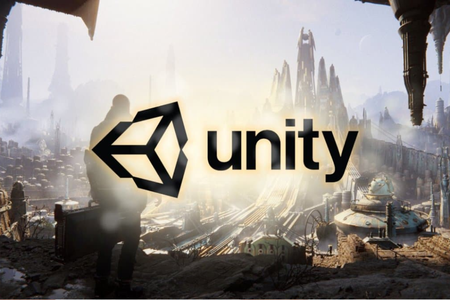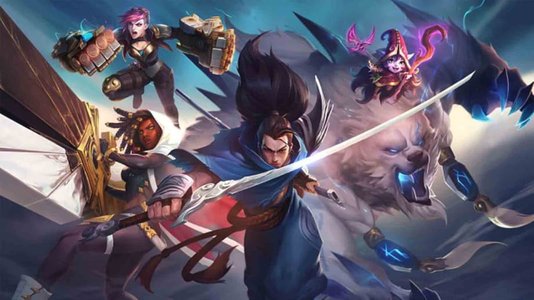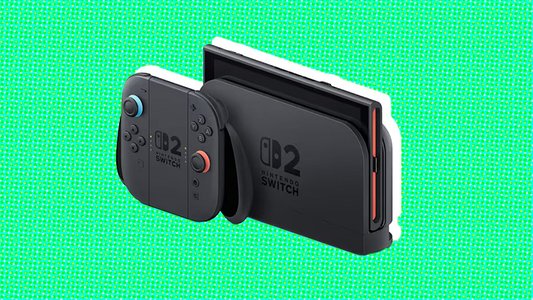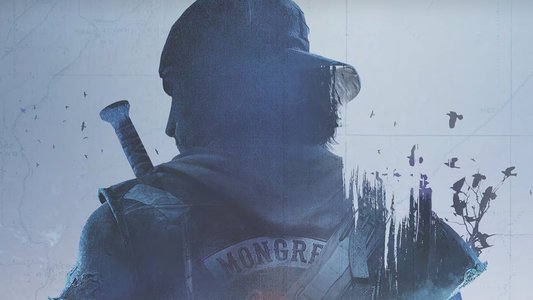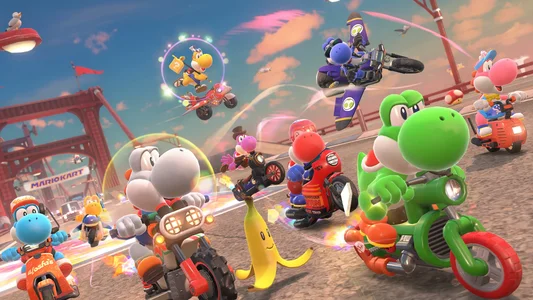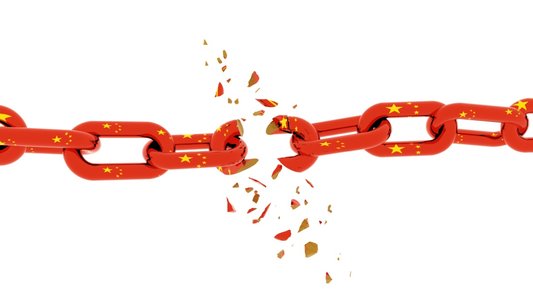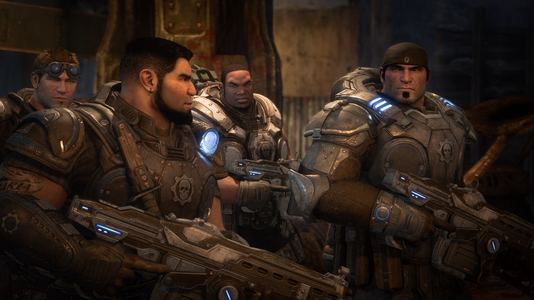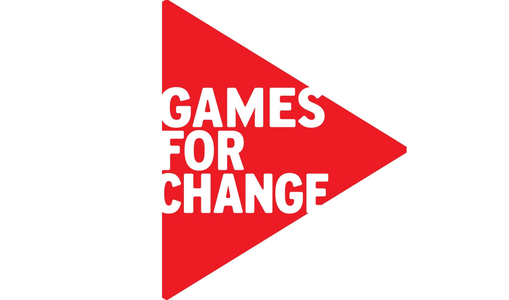Burnout.
It's an imprecise term for a very specific, endemic problem in game development, one often (but not always) caused by the industry's proclivity for crunch.
Being a game developer is often an exercise in endurance: working on a creative project for years on end, there's a constant pressure to push harder to see the thing through. A sense that the task is endless, but that more work might just get it done quicker. Financial, social, and cultural reasons make developers throw themselves into it, feeling guilty or lazy or afraid of what will happen if it doesn’t get done quicker.
Those pressures can and will wear a developer down, slowly crushing them without them even knowing it until it -- is far too late. Burnout is an extremely serious issue for game developers as they work themselves ever-harder to see their passion projects brought to life, or through buckling down to get that huge game released on time. It is an insidious thing that devours minds and bodies with overwork, breaking the wonderful, creative people who want to bring their incredible visions to the world.
“Whenever you care about someone or something more than yourself, your risk of burnout takes a big leap forward.” says Jonathan Holmes, licensed independent clinical social worker. “Burnout is a slang term for when people get stuck in a behavior pattern that they were once able to thrive in, but over time makes them more and more anxious and/or depressed. Think of when a car spins its tires at high RPMs without going anywhere, and all you get from it is the stink of burnt rubber, but instead of your car, it's your brain. That's burnout.”
These overworking behaviors, often lauded or worn like badges of honor in the game development industry, often only serve to leave its creative minds in ruins, breaking people down. In an industry where people seem proud of working twelve, sixteen, twenty-four, or more hours during crunch periods that never seem to end, there are endless stories of burnout.
“I got thrown into the deep end and found myself trying to code multiple games by myself in a short amount of time, without any real guidance," says Quang Nguyen of UK game dev Asobi tech. "As time went on, the time pressures grew and grew, as each milestone had to be reached, regardless of the various issues I was running into due to my inexperience. I went from working from home to moving into a small bed and breakfast so I could be closer to the office, meaning I could code from the first thing in the morning to the very last thing at night. Rinse and repeat."
“My burnout spiral began when I felt like my experience as a teacher wasn't being recognized by my peers - whether that was true or not doesn't quite matter. I decided to work on games outside of my regular 9-5 hours," says Jennifer Scheurle of Opaque Space. "I kept taking on more and more gigs outside of my full-time job to seek legitimacy and I never felt like I was quite doing as well or as much as others in my industry. A lot of regional awards and official recognition include questions on what a person does besides their regular job, e.g. 30 under 30 lists, so there is a general consensus on asking people to work more than the regular 40 hours a week.”

“On the worst nights, I would lay in bed with my laptop, glowing with GameMaker open," says James Earl Cox III of Seemingly Pointless. "I was trying to sleep with it next to me, hoping that maybe I would wake up refreshed and ready to code something, but it mostly existed as a reminder that I wasn’t making anything anymore. There was an overwhelming wall of guilt. I’d fall asleep in a panic and wake up the same way, one day closer to whatever trivial deadline I was currently dreading.”
These stories can be the end of a game, though. The last straw for a project, and for the person behind it. As an industry, how can we identify the warning signs in our own behaviors? How can we sense burnout coming before it hits, and what can we do about it when it’s here? Most importantly, how can we stop it from happening to begin with?
Gamasutra spoke with a handful of developers about their personal stories of burnout, and how, as an industry, we can hope to heal and better protect from the awful practices that lead to it.
"Within the game industry, burnout is especially common"
“In graduate school, I was pushed to work myself to the bone, and I did -- it was a year and a half accelerated Master's degree program at the Guildhall at SMU," says Tanya Short of Kitfox Games. "Although classes were of a standard length, assignments and projects easily ate up 60 to 80 hours every week for the whole 18 months. I've become very sensitive to how the quality of my work suffers when I'm not well-rested, physically and mentally.”
“In the latter half of 2016 and the first half of 2017, I took Sausage Sports Club to several PAX conventions. These being big marketing and networking opportunities, I of course wanted to push to make the game as polished as possible," says Chris Wade of Luckshot Games. "Each time one of these events would come around, I'd spend 2+ weeks before the show overworking myself every day. That means long hours, not spending time with friends and my then girlfriend and just generally failing to take care of myself and living space. Then the event comes and there's more crunch-like living with booth prep, setup and then having to be ON all day every day demoing the game.”
“At each convention, all of that combined to make me a ball of stress and anxiety and dead-brain and then I'd get home and be useless for a few days. And then close to useless for a few weeks. And oops now the next PAX is in a month. Here we go again.” he continues.
Every developer reached out to for this article could rhyme off at least one story of a time they had worked themselves into burnout, struggling to meet deadlines or fighting to push themselves to certain goals. It took minutes to find enough developers to fill an article, and their examples could easily go on for pages and pages.
"The medical community is intimately aware of [burnout], as many of them suffer from it themselves."
Holmes illustrates a bit of what is happening to these developers, and many others, in burnout. “Though I'm not a medical clinician, I'm pretty sure that burnout has not yet become an official medical term or diagnosis. It's a sad irony, but it makes sense given that it's more of a slang term, one that the medical community is intimately aware of, as many of them suffer from it themselves. That’s especially true of people who work in the fields of psychiatry and behavioral health, where burnout among clinicians is both highly prevalent, and largely met without any sort of intervention for positive change.”
“There is a glucomate in our brains that gets burned every time we have to make a decision, with the more stressful decisions requiring more of the stuff than minor or inconsequential ones.” he continues. “Run out of that glucomate, and people may find themselves staring at wall for hours at the end of the day, unable to even decide to get up and go to bed, as they've run out of the chemicals you need to make even minor decisions like that.”
Medically, a developer that has been working themselves to the bone to accomplish a task in a far-too-small window may well have run out of the chemical in their brain that allows them to make decisions. They have pushed themselves into a position where even the smallest call is just about impossible. Considering how taxing this is on the mind, it’s a frighteningly common problem for game developers and the industry.
This can happen for financial or employment reasons, according to Holmes. “Any big money industry that a lot of young, optimistic people want to join is going to end up having a high burnout population. When supply for eager and willing applicants is larger than the demand for those jobs, employers will inevitably squeeze their staff as tightly as they want, without risk of ending up with unfilled positions in the company for any prolonged period of time.”
“Expectations within our industry, fear or missing out and crunch culture seem to be the most common themes around burnout," says Scheurle. "We are constantly told that we are lucky to work in games, that our jobs are dream jobs and that we should be grateful to work in the field - this is especially true for prestigious franchises where there is a long line of developers waiting to take your place if you can't take the pressure.”
This puts pressure on developers to perform. In the indie space, there will always be someone out there pushing to have a game out there before you, forcing you to work doubly hard to get your game out in a time when it will succeed. Otherwise, all of the years developing it will have been ‘wasted’.
In larger companies, a developer may feel that they’re easy to replace should they stop working so hard or complain that they are being overworked, as there are so many others looking to work in the industry.
“Our corporate structures encourage trading in the quality of life of our workers in exchange for increased value to shareholders. As individuals, we buy into it because it's a one-two punch of starving artist meets Silicon Valley," adds Short. "We're ambitious, intelligent, creative, and both North American and Japanese culture confuses industriousness ("working hard") with actual productivity (producing results). I wrote an article on why some people choose to destroy themselves, from plausible deniability to sunk cost fallacy, but none of those are particularly unique to games.”
"We're ambitious, intelligent, creative, and both North American and Japanese culture confuses industriousness ('working hard') with actual productivity (producing results)."
But pushing oneself too hard has become a part of games culture itself. In a culture that lionizes the all-night coding session there's an almost romantic quality to overworking, when it is anything but healthy.
“Within the game industry, burnout is especially common," says Holmes. "It may have to do with the fact that for a long time, embracing or even glorifying a lack of self care has been a big part of games culture. Of course, there really isn't just one 'games culture' anymore, but that's a whole other conversation.”
Of course, there's that alluring feeling of "flow" that so many game makers push themselves to achieve during marathon work sessions. Once you're there it's great, but the effort you put in to do so may pave the way to burnout.
“People who love to play, and eventually, to make video games are almost always driven by the urge to enter the 'flow state'," says Holmes. “The frame of mind where you are being challenged at just the right level to keep you fully engaged in an activity, a place that exists in the balance between being under-stimulated and overwhelmed.”
“For athletes, getting to that flow state can mean jogging at just the right pace, which can be great for their health... until they blow out their knees and can't run anymore," he continues. "After that, running will just damage their bodies more, while not running will leave them depressed and listless. Their ability to hit the flow state through running is destroyed by the physical pain and related anxiety that comes from their injuries.”
Ashley Godbold, senior programmer with GameSmart, can vouch for this. “Many developers, myself included, can get so hyper-focused on a task, that their own bodily needs are forgotten. I constantly forget to eat or drink, because I've been so 'in the zone'. As you can imagine, my mental health is also forgotten."
No tags.









